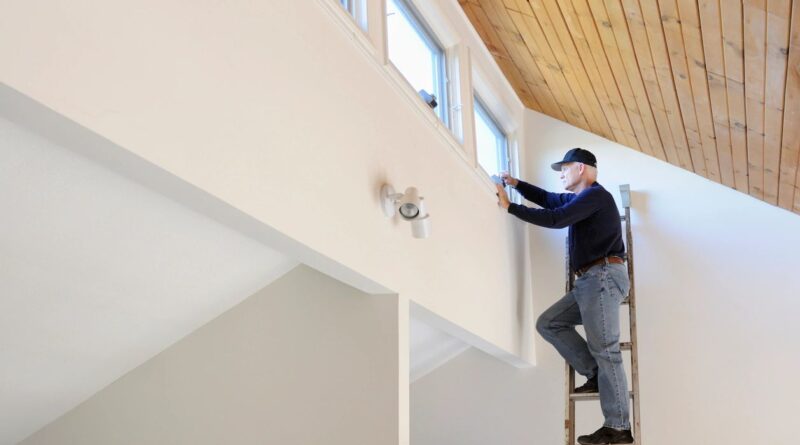What is Expandable polyester panels ? Advantages & Disadvantages
Expandable polyester panels are precast panels which are cost-effective,lightweight construction material with excellent insulation properties.
EPS is available in several compressive strengths to withstand load and back-fill forces. This closed-cell structure provides minimal water absorption and low vapor permanence
Commonly used as insulation for walls, foundations and roofing, there are many benefits to selecting EPS products:

• Long-term R-Value (“R” is the resistance to heat flow)
• Energy efficiency
• Constant thermal resistance
• Measurable energy savings
• Strength• Sustainability
• No growth of bacteria, nor will it decay over time
• Dimensional stability
• Chemical inertness
• Low cost
A cost efficient, high performing alternative to extruded (XPS) foam, EPS is the perfect choice for many insulation and construction applications.

Advantages :
- Effective and durable thermal insulation
- Absolute water and vapour barrier
- Air-tightness for controlled environments
- Long life, low maintenance
- Lightweight, fast and economic construction
- Hygienic food grade finish
- Most cost effective insulation material available
Disadvantages:
1.Complex construction as it involves hanging nets.
2.Toxic, ordinary polystyrene foam insulation board is easy to burn, toxic combustion fumes is emitted when burnt.
3.Material strength is poor, prone to cracking and falling insulation phenomenon.
4.These panels needs strengthening treatment because of its limited strength.
Although the advantages of polystyrene foam insulation board is more, but the disadvantages are more deadly. At present, the market has been gradually reduced the use of EPS panels.

